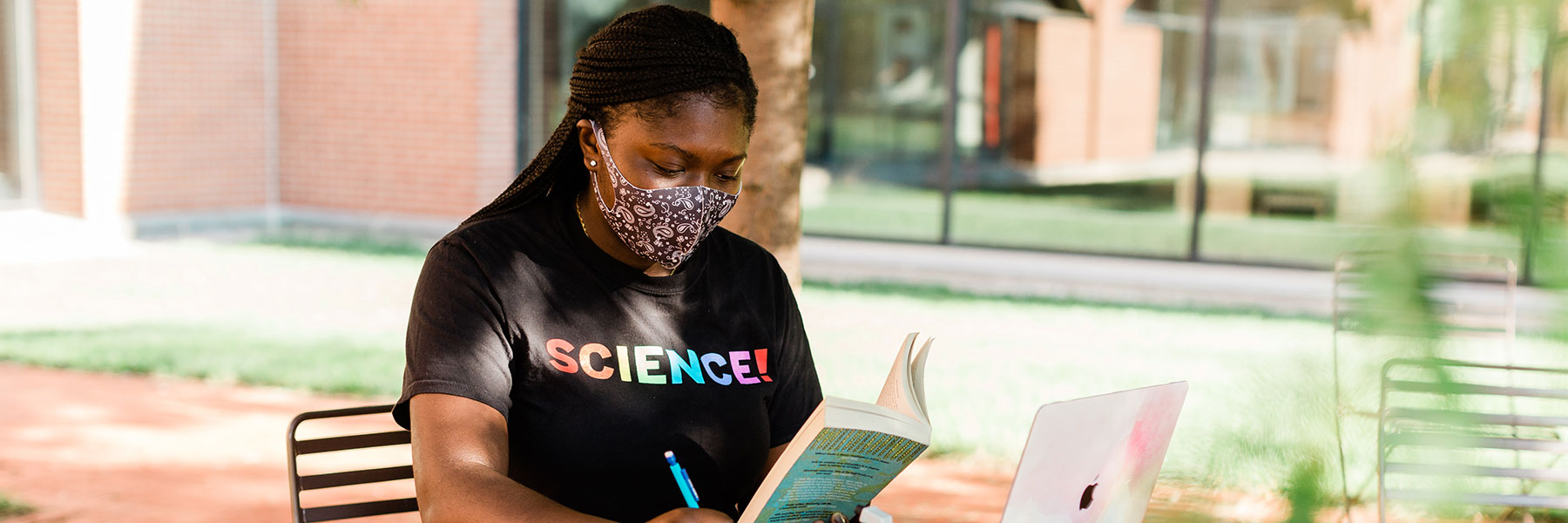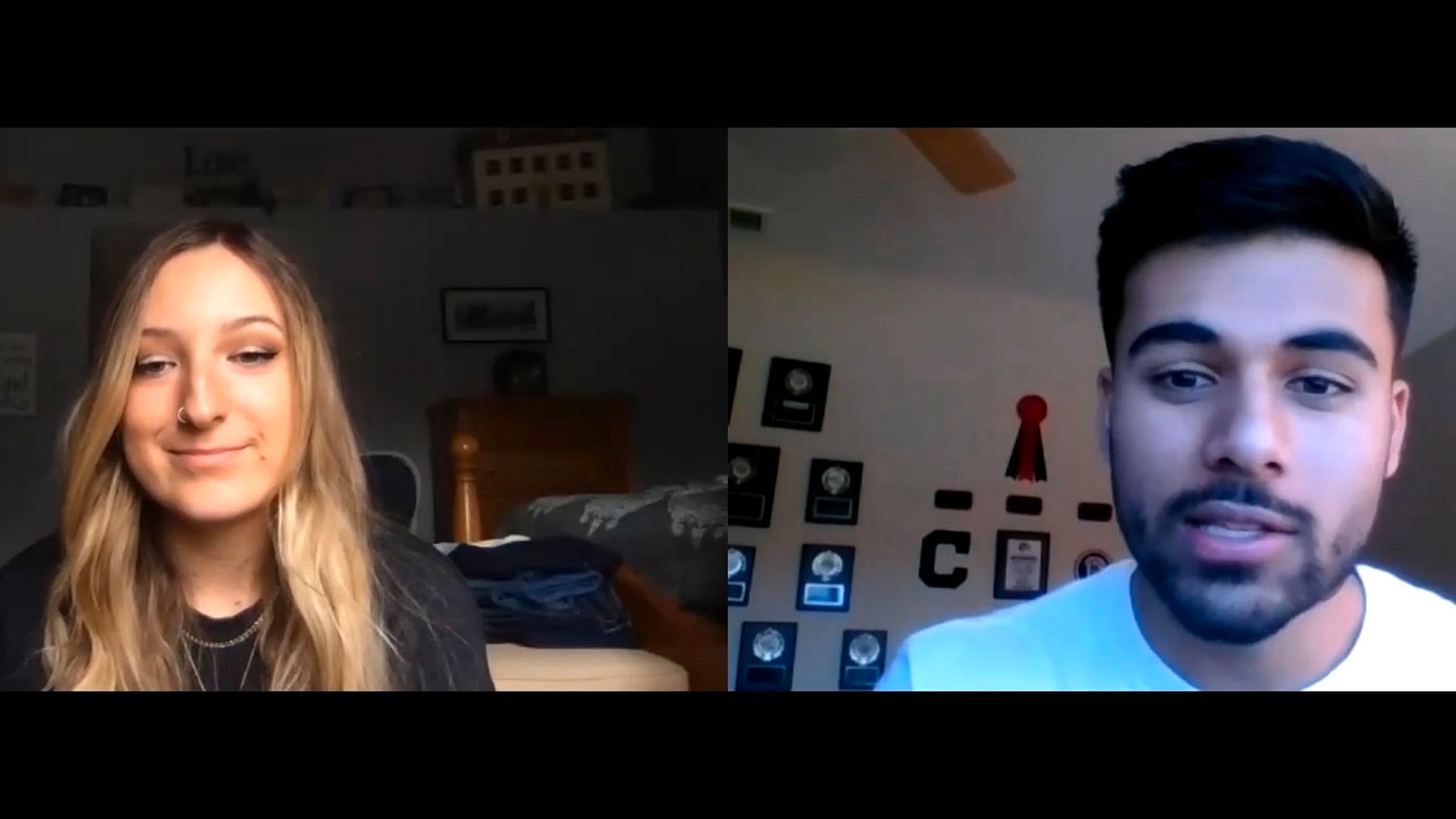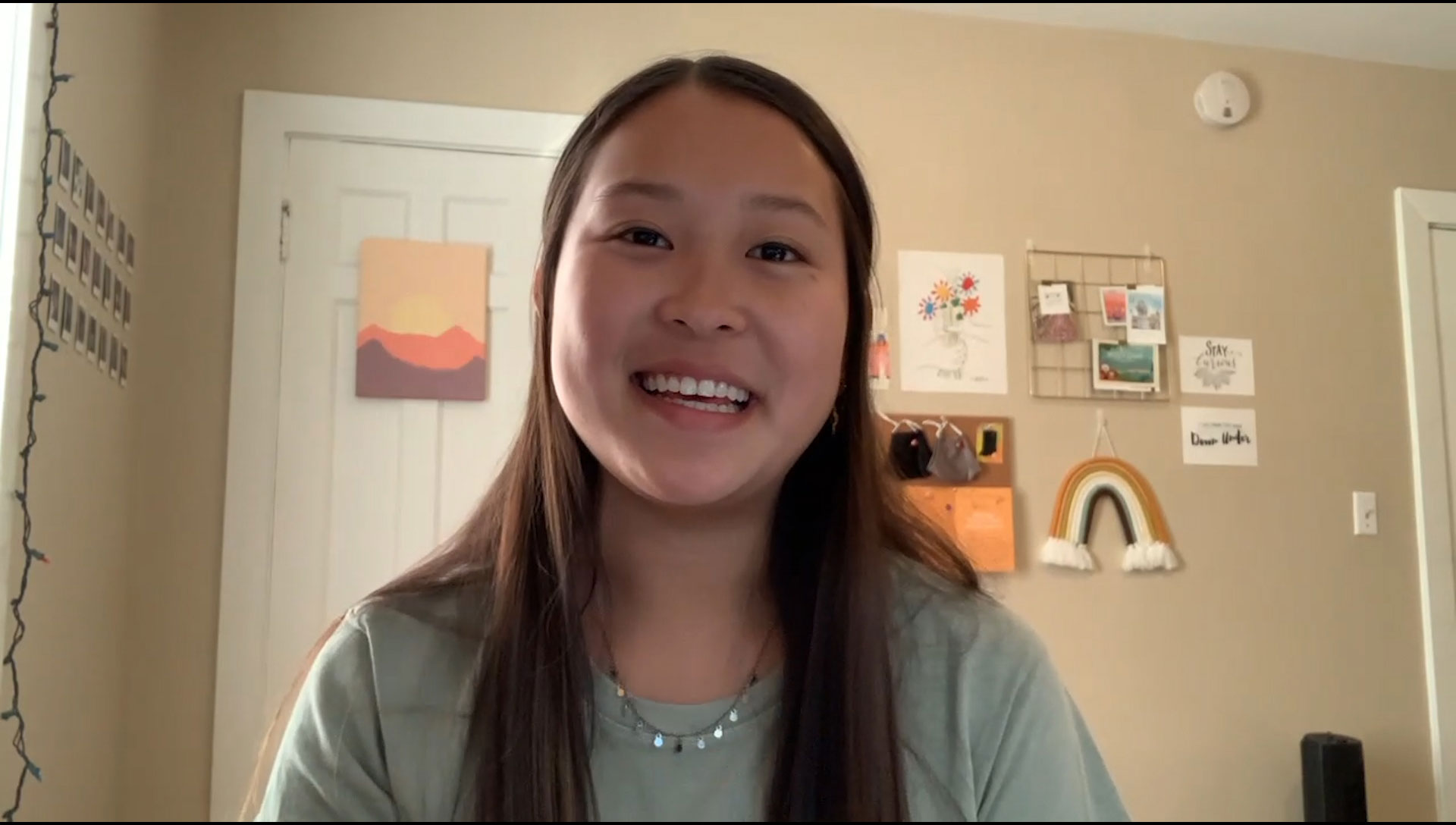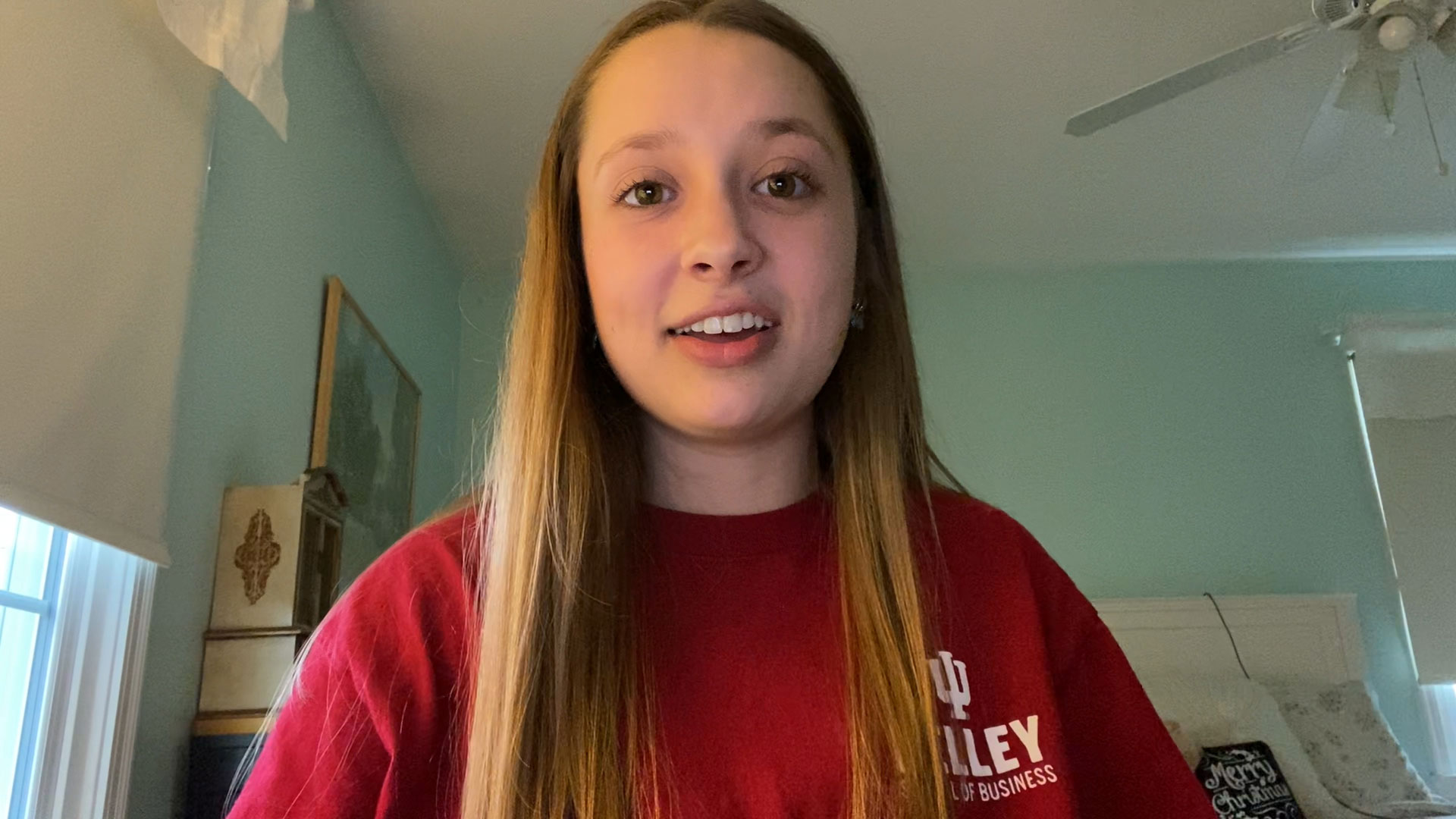Build your time management system (whether paper planner, calendar app, or hybrid). Taking one class at a time here’s your checklist:
- Is it meeting at certain days and times each week? If so, put that in your schedule.
- If you can’t make that time, ask if there are alternative modes of participation.
- How are instructors/professors going to stay in contact?
- Is it through Canvas messages or direct email?
- If you can, download the Canvas app, and set yourself up to easily get the content and communications you're going to need.
- Schedule due dates for everything, including:
- Big deals: papers, projects, exams.
- Little assignments that quickly add up: problems sets, reading responses, discussion comments.
- Use calendars, apps to send you automatic reminders for due dates.
Figure out the when’s and how’s of your routine. Things to consider:
- When will you do this work?
- Schedule your study/work sessions - see the new calendar you’re building above.
- Try to stick to a daily routine where possible. Even if your professor isn’t asking you to Zoom in for that 8:30 lecture, you will still benefit from keeping a regular schedule - waking up at the same time each day; roughly sticking to regular meal times, etc.
- Where will you do it?
- Find the best space for concentration… and internet connection. If you’re working at home, try to find a place where you will be comfortable, but not too comfortable (save the bed for a designated nap time!)
- What software/supplies do you need? Gather them up and make them accessible.
- How, actually, will you do this?
- Again, keeping to some kind of routine will help. You could stay in your jammies all day, but taking a shower/getting dressed/putting on shoes will help to signal to yourself (and others) that this is work time for you.
- Check in with friends - you can both plan a work session then check in at the end of the hour to see what you’ve accomplished.
- Know when to tune in and tune out
- You may be spending A LOT of time online, and your eyes and head (and heart) will need a break! So if your favorite pastimes involve screens (Netflix, anyone?), it might be time to dust off your old board games, go shoot some hoops, or bake some cookies… give yourself plenty of time to unplug from screens.
First, 43% or so of our daily behaviors are, essentially "automated" and habitual - our "default settings"! This is hard right now because many of our routines have been disrupted. As you work on setting your new plan into action, try these ideas:
- Map it to the powerful habit cues of place, time, and immediately preceding action.
- Try tackling Finite in the same room, at the same desk, right after lunch each day, and start by opening your book and your web work. Then reward yourself at the end - a snack, some online browsing, a walk around the block.
- Or try piggybacking or stacking/chaining, where you insert a new habit you want to add. You’ve got laundry once a week - read that chapter while it’s going.
- Tweak your environment (to essentially negate the role of will power) by playing with “friction.”
- Decrease friction to make it easier to start. If you want to go jogging first thing in the morning to get going, put your running clothes by the bed.
- Increase friction to make it easier to stop. If you'll be working on another computer, after you’ve used your phone to authenticate/login to university systems online, try powering it down completely and hiding it in another room. Or, if working on your phone, keep only those apps open that you need at that moment.
Second, here’s how to maximize even the briefest chunks of time in your newly unpredictable schedule. Start with these, and you can find even more here:
- Eat That Frog!
- Your “frog” is that most difficult exam, project, or concept for you today. Start by tackling it to build momentum and grow your confidence.
- Turn big frogs into little ones by dividing them into steps and spacing them out. This lowers stress - and is one of the most powerful ways to study and learn anything!
- Say It Out Loud!
- Be the teacher & explain it to yourself, your high school-aged brother, your teddy bear - whoever is around you right now! What does this concept mean? How does it work and why?
- This is a way of testing what you understand, another “most powerful” way of learning. So look for those extra online practice tests and try some flashcard apps.
You’re not just a brain - you’re a person who feels things and needs support, encouragement, and nurturing. Just like you would want to provide for someone you love!
- Sleeping well, getting some exercise, adequate nutrition and hydration, getting outside, and tools for stress management are all a part of this. And they also all effect each other, impacting your learning, the way you feel in general and, in particular, the way you react to adverse circumstances. It’s all connected!
- If you’re having trouble with food insecurity or finding other resources, check with your campus to see what support they’re still offering in person or through remote access. If you are away from campus, you could also check for these resources in your local community.
- On top of meeting those basic needs, look for daily ways to find joy, express kindness and gratitude, or just take a break! The Greater Good Science Center has lots of ideas for activities like this!
- Finally, this is all fast, new, and complicated. You’ll probably make some mistakes! If you do, learn the art of practicing self-compassion, as formulated by Kristin Neff. Give yourself a break - this is new to all of us! Be aware of what a tough time this is and remember that you’re not alone.
Research shows that social connection is one of the most powerful predictors of mental health, emotional regulation, and even physical well-being.
Here are just a few ways to keep connected with your family, friends, professors, and peers:
- Talk with the people close to you about what you will need to continue to make this a successful school experience under these conditions. And ask them what they might need from you.
- Reach out to classmates. Use a chat in the course or even form a group on some other platform to share tips and info., catch up, or just talk about what’s going on.
- Collaborate with your peers, and use the “say it out loud!” study strategy to explain concepts to test your understanding.
- Make a note of any online help sessions and go - not just for you, but to reach out to others who might need your expertise!
- Keep using university resources! Many colleges have found new ways to put academic advising, psychological counseling, and career coaching online. See if you can set up a virtual meeting to meet your needs.
Finally, do the best you can AND have patience with yourself and others. Focus on what you can control and take good care of yourself!







